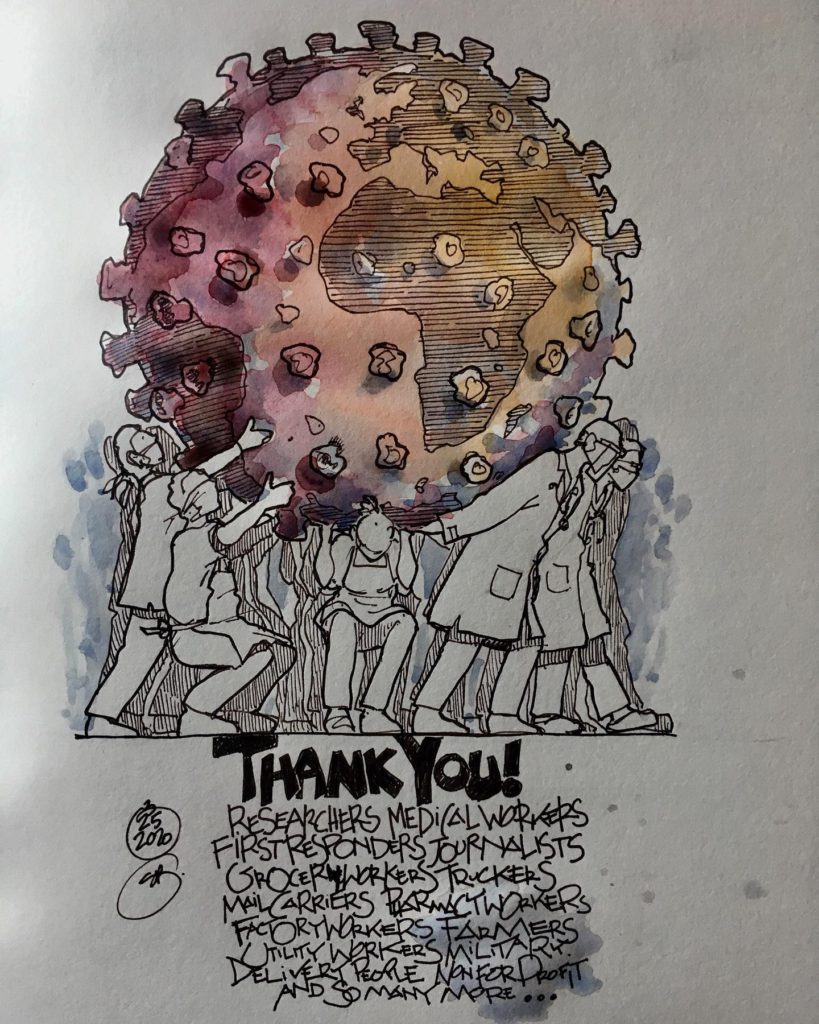A Television Fire Provokes Me to Check My Smoke Detectors
I watch very little TV, but Renée Youree Kennison recently convinced me to watch the pilot episode of “This is Us.” Wow. Incredible acting, writing, editing, lighting and music. We have been watching a few episodes per week and we are now almost at the end of Season 2 (out or four completed seasons).
I’m writing this post wondering how many lives might have been saved due to the most recent episode we watched. It involved a horrifically vivid fire of a family residence (I won’t say more because I don’t want to spoil it). Maybe I reacted so emotionally to this episode because 18 years ago I woke up out of a deep sleep (thanks to a smoke detector) with my own house on fire. I was astonished that the smoke hadn’t awakened me earlier. I emptied two fire extinguishers on the fire before the fire department arrived. After watching the TV episode, Renée and I found ourselves walking around our houses evaluating our needs for smoke detector and fire extinguishers. I suspect that other people watching that episode did the same thing. I have my fire extinguisher out in the open and visible. I have smoke detectors on every floor and several rooms.
I know that some fire departments are giving out free smoke detectors. Extinguishers and fire blankets are cheap. COVID-19 is not the only danger out there. Please be safe in all ways!





